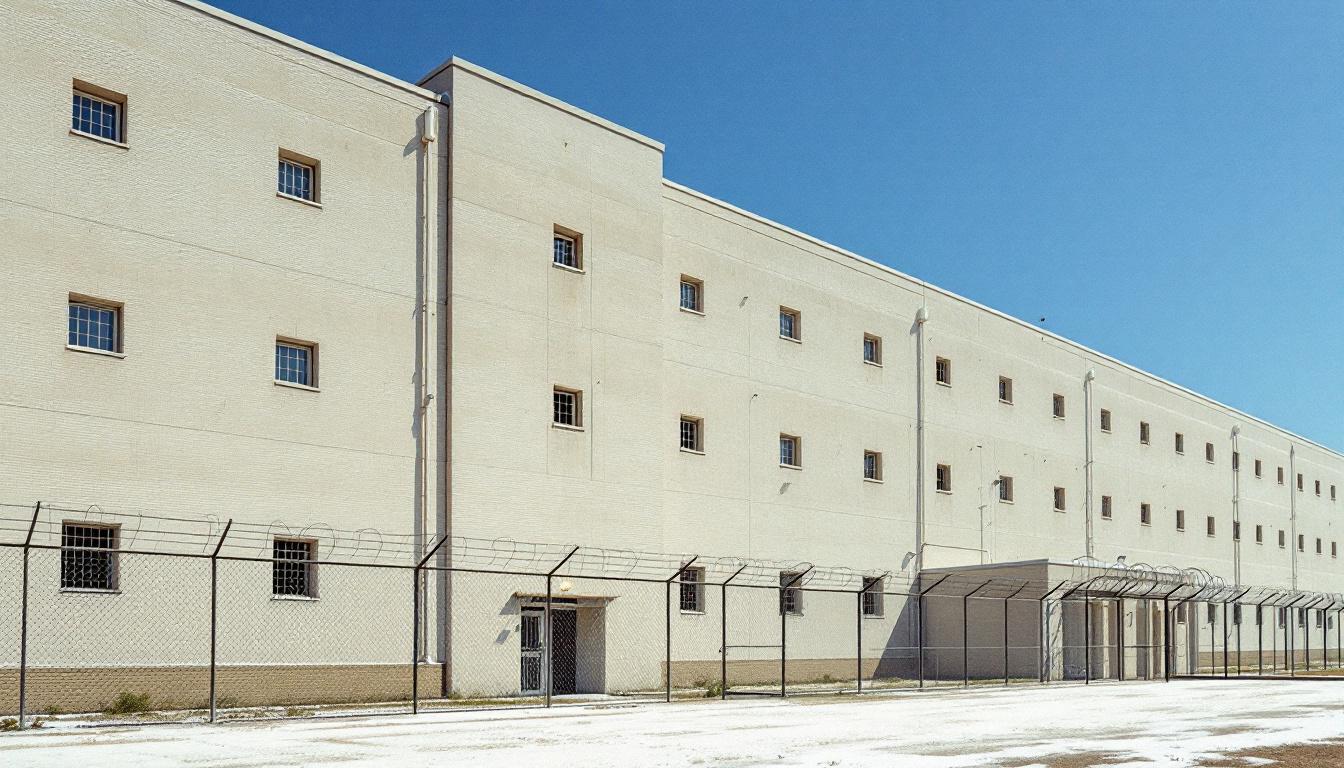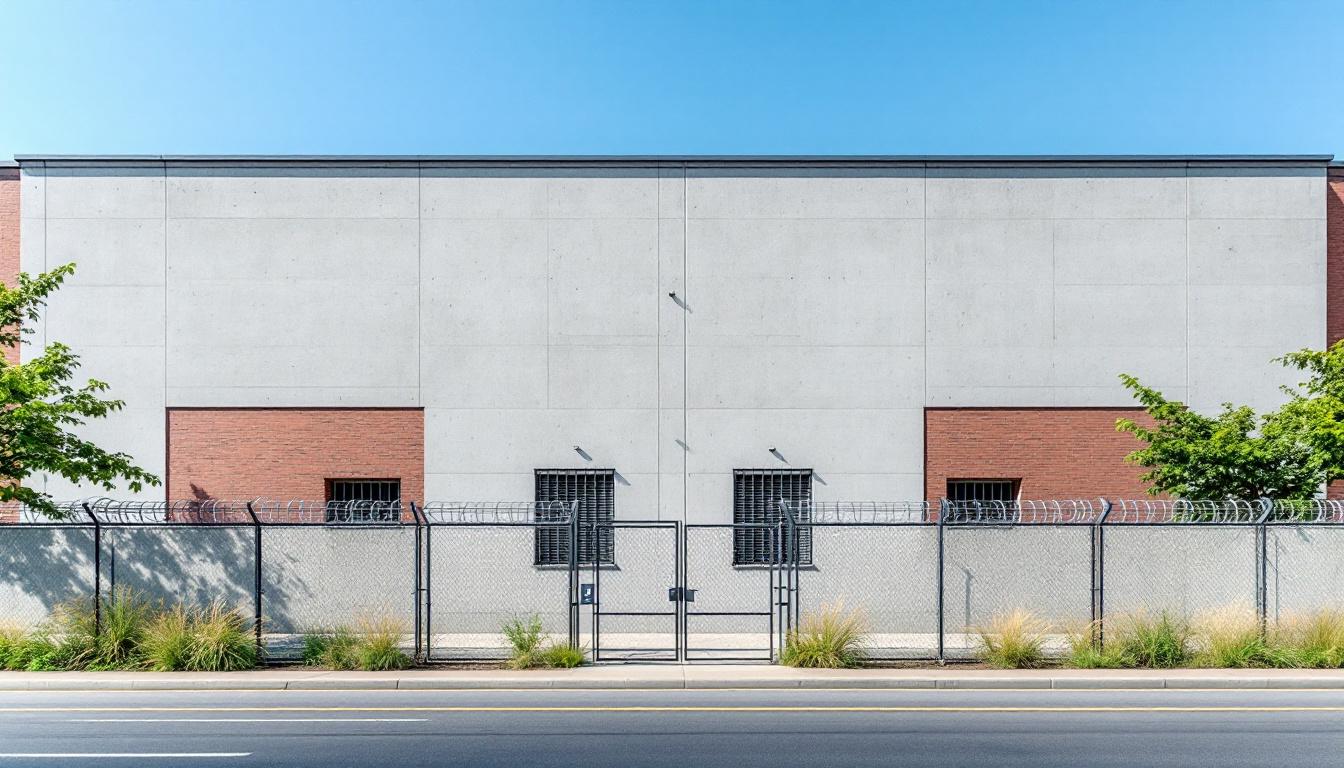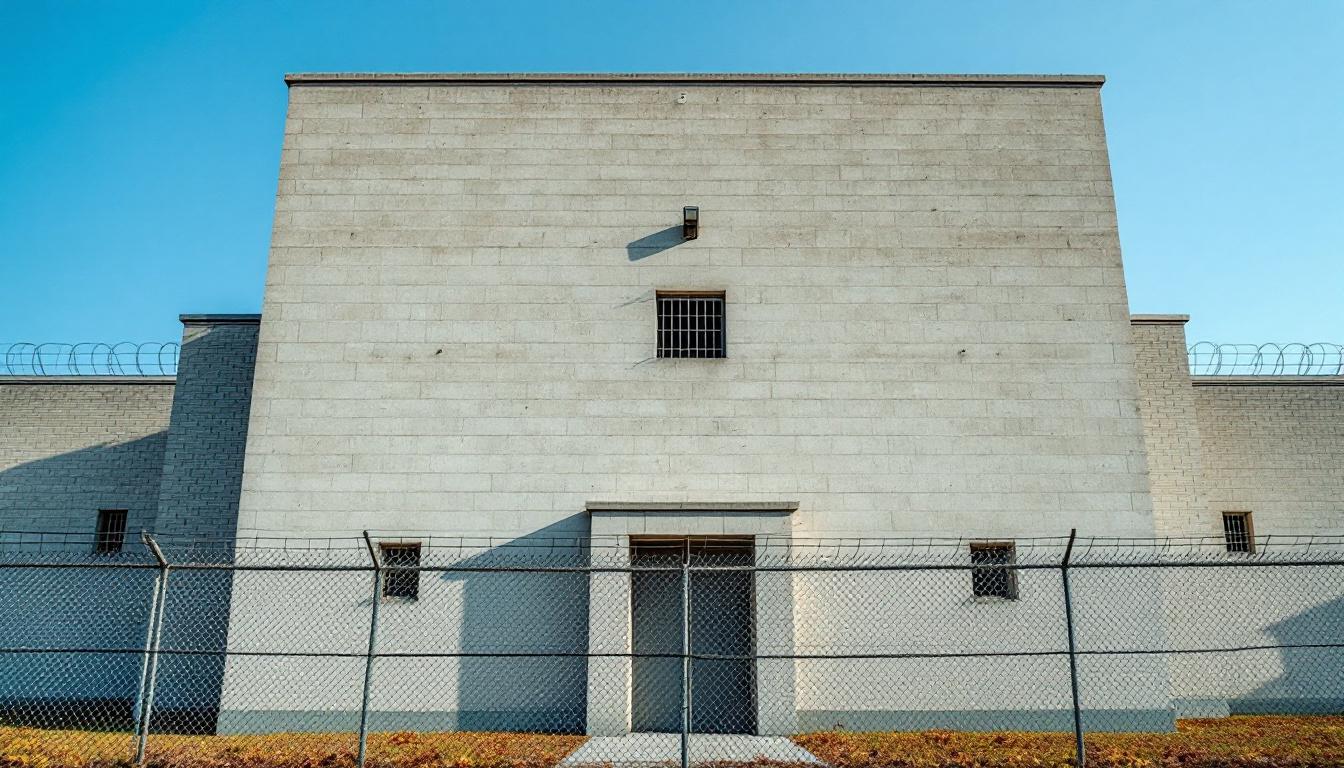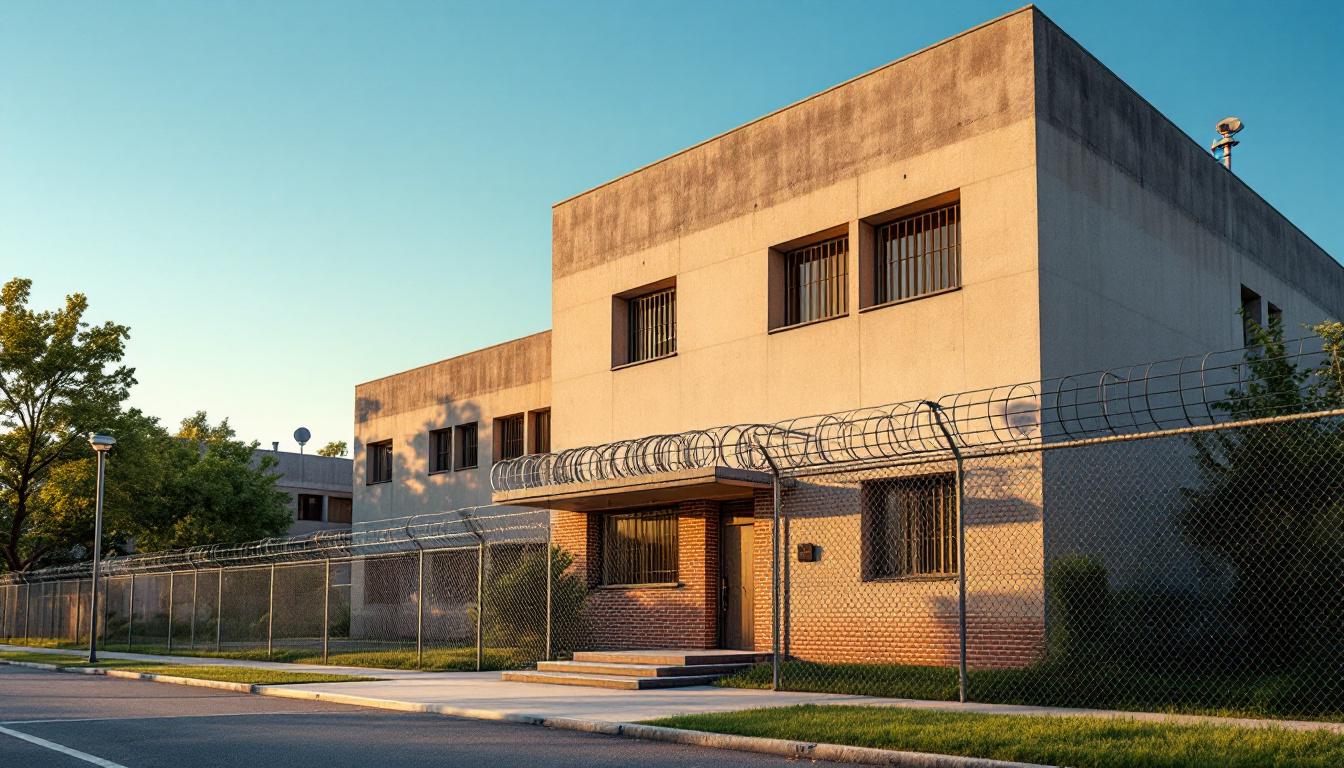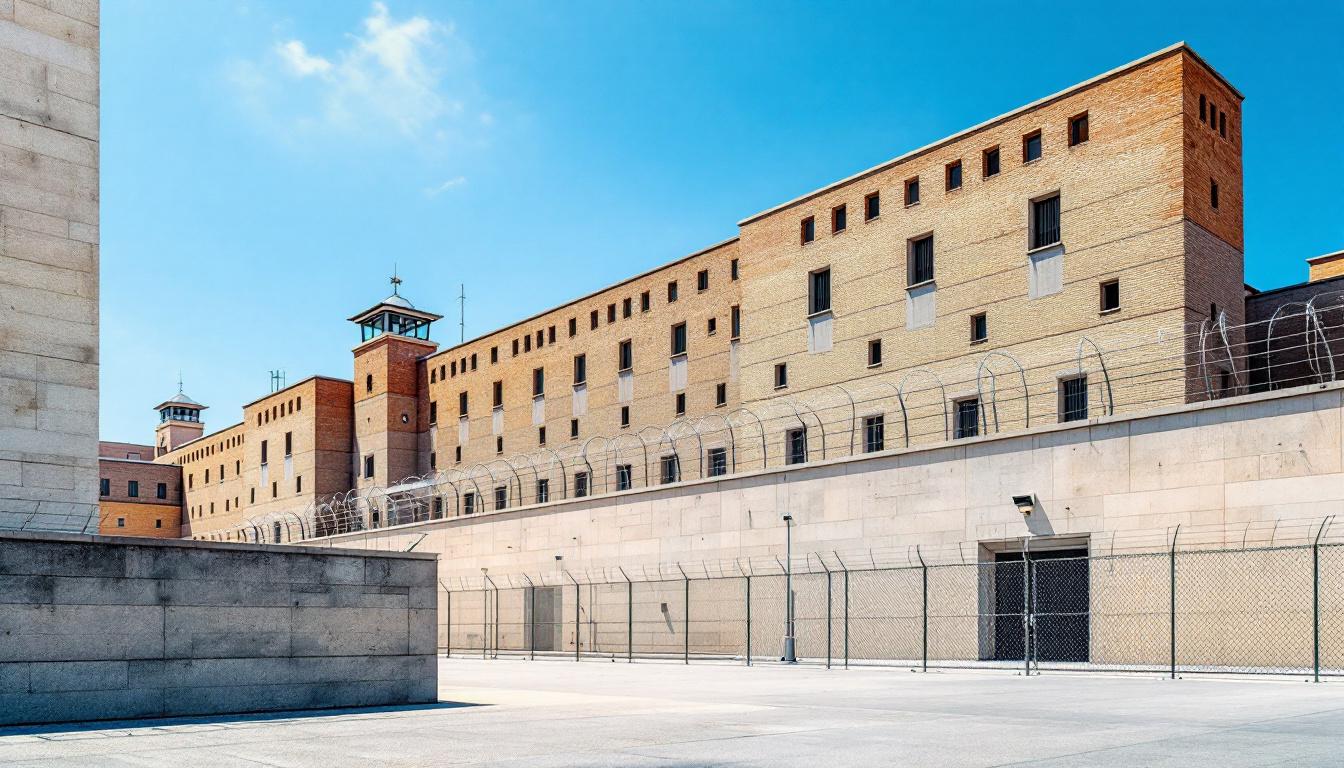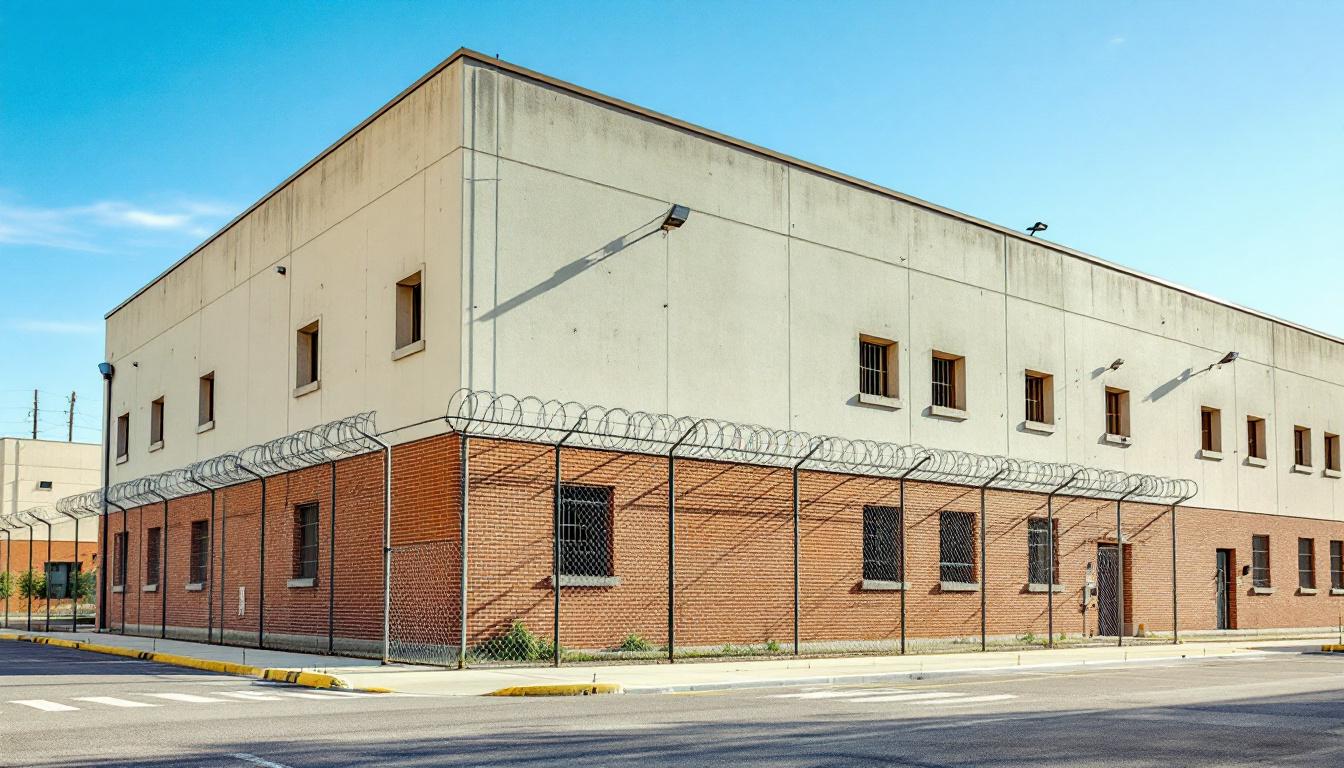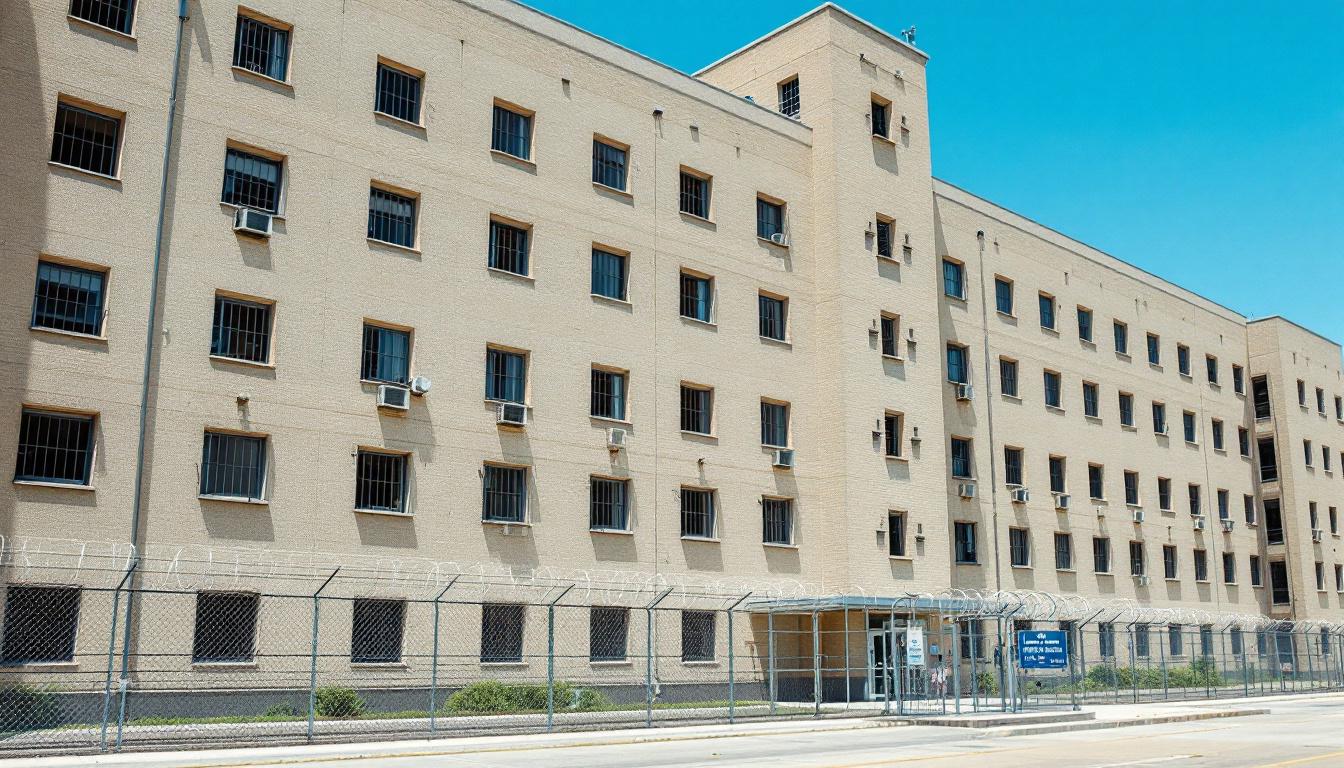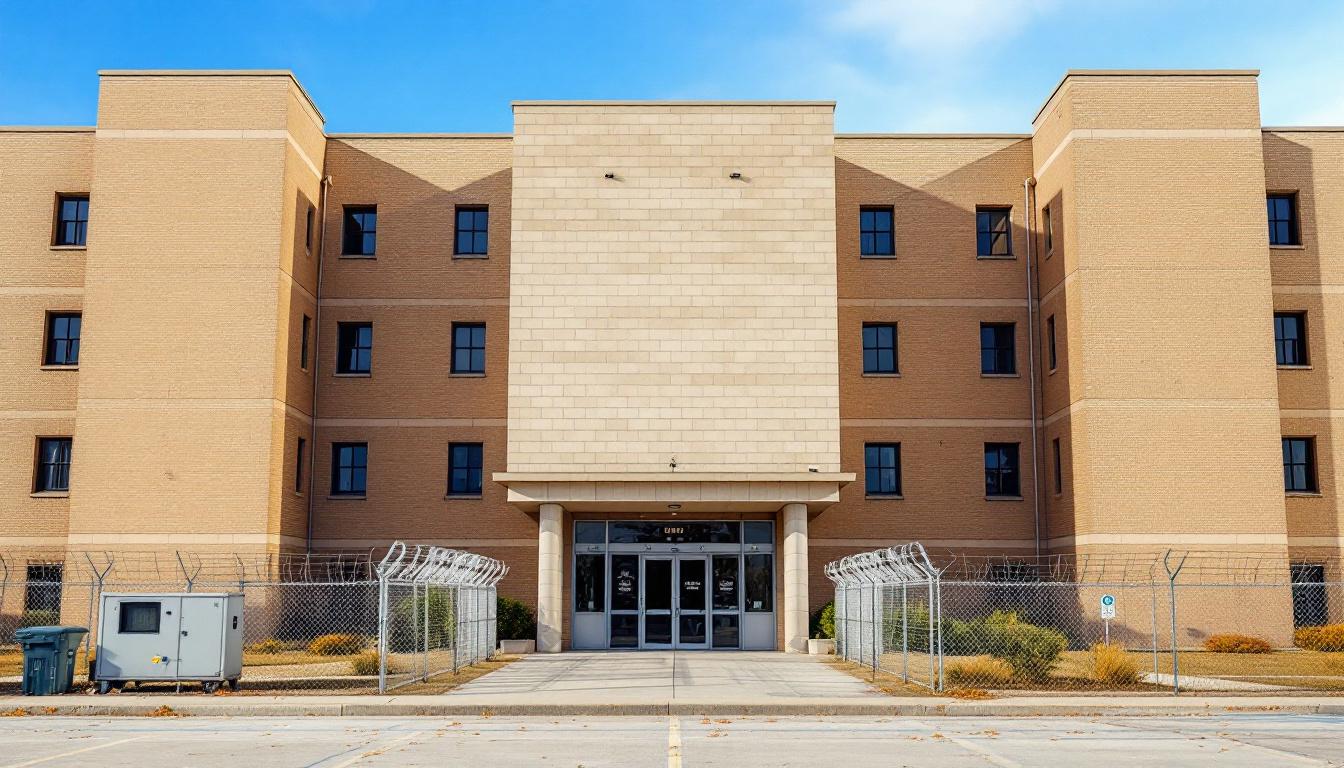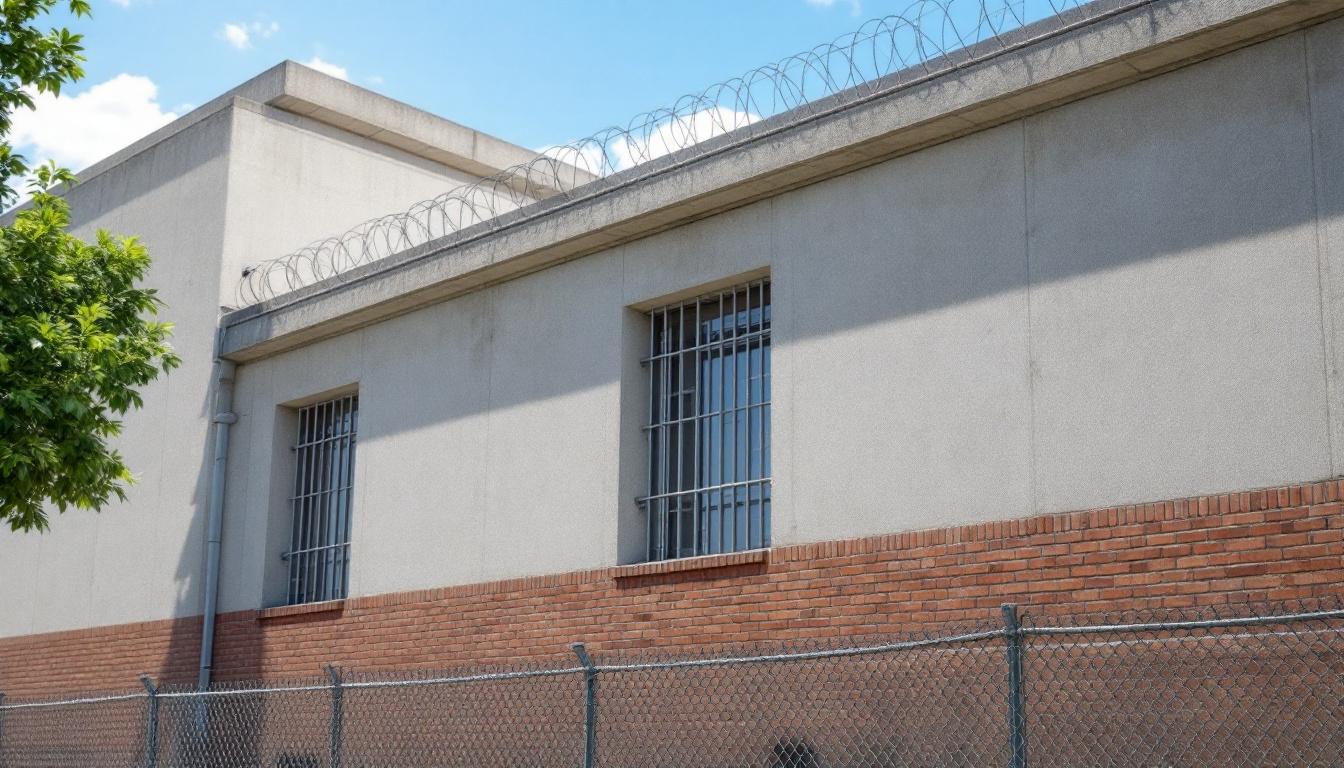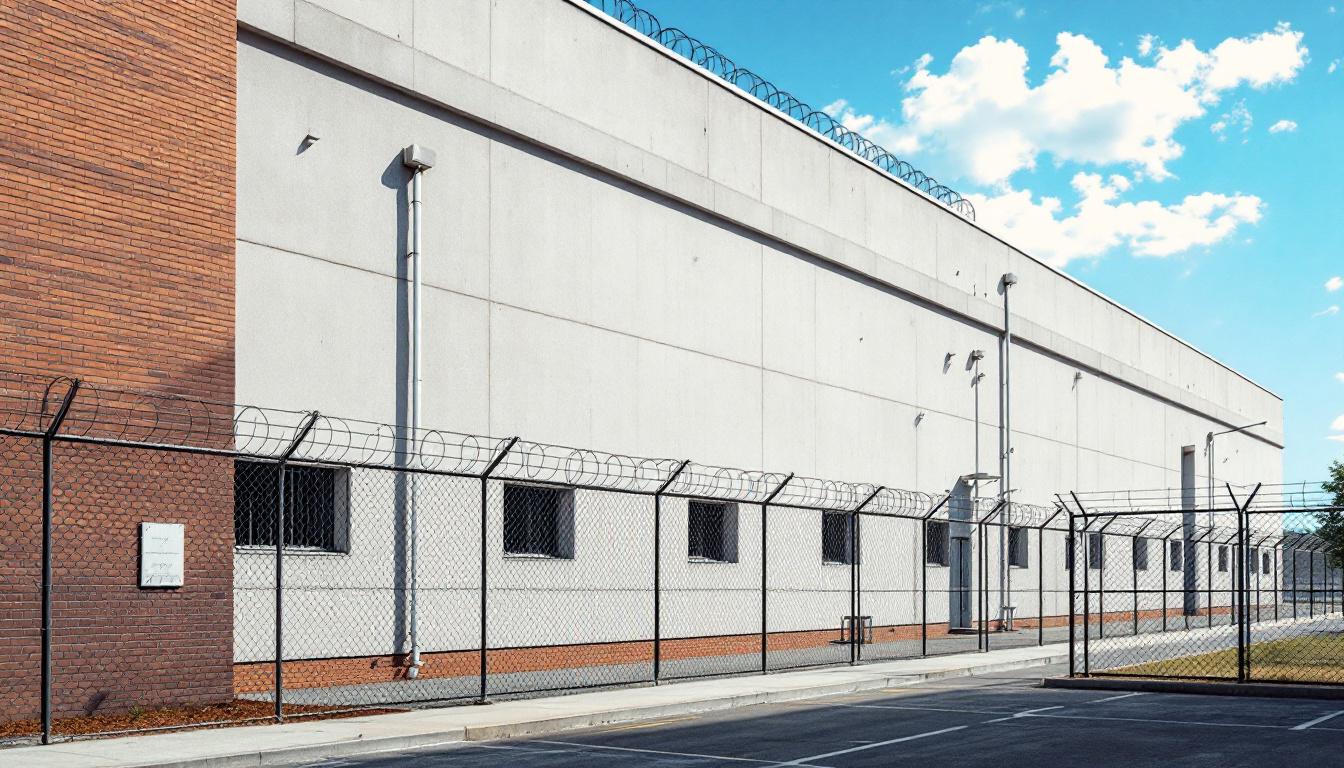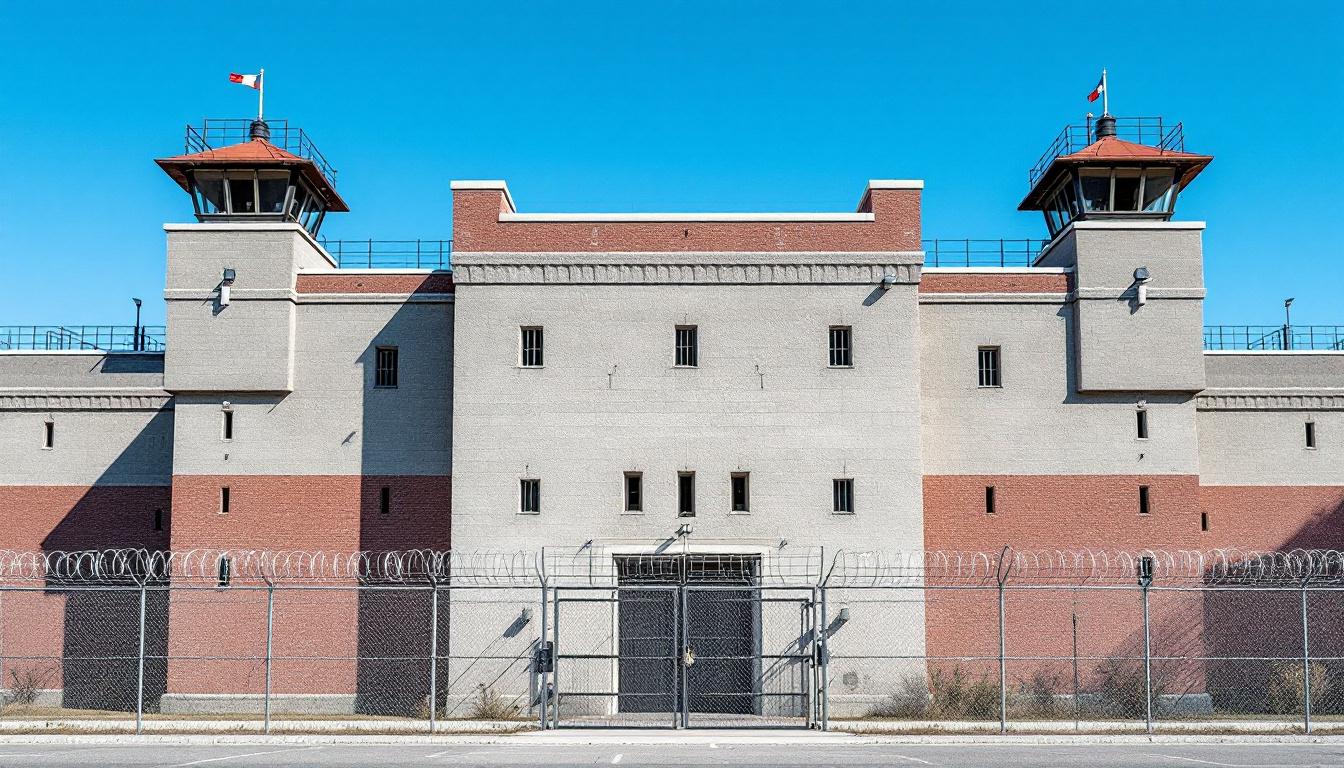
Quick Navigation
How to contact an inmate at Pelican Bay State Prison
This comprehensive guide will walk you through how to connect with an inmate at Pelican Bay State Prison. Follow the steps below to find an inmate and send letters and photos:
- Search for the inmate using our search tool below
- Create your account or log in to Penmate
- Write your message (up to 6,000 characters)
- Send instantly - inmates receive printed copies daily
Find an Inmate
Search for an inmate to start communicating today
Tip: You can search by first name, last name, or inmate ID number
To contact a person at Pelican Bay State Prison start by searching for the person on the official facility website. Perform a search by following these steps:
- Step 1: Enter their first name and last name into the search form and click "Search"
- Step 2: Locate their inmate record
- Step 3: Write down their Inmate ID and any housing information provided
Important! Be sure to enter the person's full name. Nicknames should not be used.
How to Send Messages to Inmates

You can use your phone or computer to send emails, letters, and photos to an inmate. Messages are sent electronically to inmate tablets or kiosks at the facility. If you would like to send a message, start by searching for an inmate at Pelican Bay State Prison.
Sending Photos and Postcards

A great way to send love and support to a loved one at Pelican Bay State Prison is to send photos and postcards. It only takes a few minutes to send photos from your phone and it makes a huge difference. You can also mail postcards with words of support and inspiration, or design your own postcard for special moments like birthdays and holidays.
Important! Be sure not to send any explicit photos or they may not be approved by the facility. You can also use a photo printing app like Penmate to make sure your photos are printed at the correct size (4x6 or 3x5) and are mailed according to the rules and regulations of Pelican Bay State Prison.
Frequently asked questions about Pelican Bay State Prison
-
How long does it take to deliver a message?
If you're sending an email message your letter is usually delivered within 24-48 hours. For messages sent via mail you should expect delivery within 3-7 days. All messages will need be approved by Pelican Bay State Prison.
-
How much does it cost to send a message to Pelican Bay State Prison?
You can send a message free using your phone or mail a message via USPS for the price of a $0.60 stamp and envelope. You can also purchase credits or e-stamps from services starting at $1.99.
-
What services can I use to contact an inmate at Pelican Bay State Prison?
Penmate
You can use Penmate to send letters and photos to an inmate from your phone. It's an easy way to stay in touch during your loved one's incarceration. Use the inmate locator to find an inmate's location and contact information, then you can send messages within a few minutes.
Securus messaging
Securus may be another option for communicating with an inmate at Pelican Bay State Prison. You can create a friends and family account and purchase credits to send messages. All messages will be reviewed and must be approved by the facility.
JPay
Some county jails and state prisons may support sending messages with JPay. You must register an account with the system, find your loved one, and purchase stamps to send messages. For some locations you can also attach photos.
Smart Jail Mail
You may also check if Smart Jail Mail is available at Pelican Bay State Prison. Smart Jail Mail is operated by Smart Communications and has contracted with some state and county jails. After purchasing credits, your messages and photos are sent to the facility, printed out, and then handed out to your loved one.
-
What is the mailing address of Pelican Bay State Prison?
Mailing address:
Pelican Bay State Prison
5905 Lake Earl Dr
Crescent City, CA 95532
Phone: (707) 465-1000Business hours:
- Monday: 8:15 AM – 10:00 PM
- Tuesday: 8:15 AM – 10:00 PM
- Wednesday: 8:15 AM – 10:00 PM
- Thursday: 8:15 AM – 10:00 PM
- Friday: 8:15 AM – 10:00 PM
- Saturday: Open 24 hours
- Sunday: Open 24 hours
-
What are the visiting hours at Pelican Bay State Prison?
Visiting hours at Pelican Bay State Prison vary by housing unit and security level. Generally, visits are scheduled on weekends and holidays, with some facilities offering weekday visits. Contact the facility directly at (707) 465-1000 or check their website for the current visiting schedule. Visits typically last 30-60 minutes and must be scheduled in advance.
-
What items are prohibited when sending mail to Pelican Bay State Prison?
Prohibited items typically include: cash, personal checks, stamps, stickers, glitter, glue, tape, staples, paperclips, polaroid photos, musical or blank greeting cards, hardcover books, magazines with staples, and any items containing metal or electronics. Only send letters on plain white paper with blue or black ink. Photos must be printed on regular photo paper (no Polaroids). Always check with Pelican Bay State Prison for their specific mail policies.
-
How do I send money to an inmate at Pelican Bay State Prison?
You can send money to an inmate at Pelican Bay State Prison through several methods: 1) Online using JPay, Access Corrections, or the facility's approved vendor, 2) Money orders mailed directly to the facility with the inmate's name and ID number, 3) Kiosks located in the facility lobby, or 4) Over the phone using a credit or debit card. Fees vary by method, typically ranging from $2.95 to $11.95 per transaction.
-
Can I schedule a video visit with an inmate at Pelican Bay State Prison?
Many facilities now offer video visitation as an alternative to in-person visits. At Pelican Bay State Prison, video visits may be available through services like Penmate, Securus Video Connect, GTL, or ICSolutions. Video visits typically cost $10-20 for 20-30 minutes and must be scheduled in advance. You'll need a computer or smartphone with a camera and reliable internet connection. Contact the facility for their specific video visitation policies and approved vendors.
-
What identification do I need to visit an inmate at Pelican Bay State Prison?
All visitors must present valid government-issued photo identification such as a driver's license, state ID, passport, or military ID. Minors must be accompanied by a parent or legal guardian who can provide the minor's birth certificate. Some facilities require visitors to be on the inmate's approved visitation list, which may require a background check. Contact Pelican Bay State Prison for specific ID requirements and visitor approval procedures.
-
How can I find out an inmate's release date?
To find an inmate's release date at Pelican Bay State Prison, you can: 1) Use the online inmate search tool if available, 2) Call the facility's records department, 3) Contact the inmate's case manager or counselor, or 4) Have the inmate provide this information during a call or visit. For privacy reasons, some facilities only release this information to immediate family members.
Facility Overview
Contact Information
Pelican Bay State Prison5905 Lake Earl Dr
Crescent City, CA 95532
Phone: (707) 465-1000
Official Website

About Pelican Bay State Prison
Designed to serve incarcerated individuals who are ready to take full advantage of programming opportunities, Pelican Bay State Prison (PBSP) operates with a focus on incentivizing positive life choices through volunteer-based programs. The facility emphasizes productivity and self-improvement opportunities, offering academic classes, work programs, and various religious and self-help groups to support personal growth and rehabilitation efforts.
Based in Crescent City, California, PBSP accommodates individuals within a structured environment that balances security requirements with comprehensive programming options. The institution typically maintains the security protocols necessary for safe operations while providing access to educational partnerships with local institutions like College of the Redwoods and Cal Poly Humboldt. Located in Del Norte County near the Oregon border, the facility serves the northern California region and may house individuals from various security classifications depending on their program readiness and behavioral choices.
The prison’s approach centers on voluntary participation in rehabilitative programming, which often includes vocational training, college degree programs, and specialized initiatives such as the Prison Paws Partnership dog program and Arts in Corrections activities. PBSP generally provides standard correctional services including mental health support, religious services, and recreational opportunities, while also offering technology-based privileges and various self-help groups designed to support successful reintegration into the community.
Programs & Services
Programming opportunities at Pelican Bay State Prison (PBSP) are designed around a volunteer-based approach that incentivizes positive life choices and personal growth. The facility emphasizes that these programs are available to incarcerated individuals who demonstrate readiness to take full advantage of educational and self-improvement opportunities through their behaviors and choices.
Educational services form a cornerstone of PBSP’s programming, with offerings that include General Education Development (GED) preparation and high school diploma completion. The facility maintains partnerships with College of the Redwoods, a community college, and Cal Poly Humboldt, a state university, providing access to multiple college degree programs for eligible participants. Vocational training programs complement these academic opportunities, while the California Prison Industry Authority (CALPIA) operates as a self-supporting program that may provide work experience and job skills training.
Beyond traditional educational services, PBSP offers diverse programming that addresses multiple aspects of rehabilitation and personal development. Self-help groups include Alcoholics Anonymous and Narcotics Anonymous meetings, along with structured courses such as the 7 Habits course and Building Resilience course. Creative and recreational programs feature a murals crew, gardens, worm farms, music bands, and hobby craft programs. The Prison Paws Partnership dog program provides comprehensive opportunities for skill development and responsibility. Additional services typically include mental health support, religious services, sports and game tournaments, and technology-based privileges such as approved tablet access, all designed to support successful reentry preparation.
Daily Life & Visitation
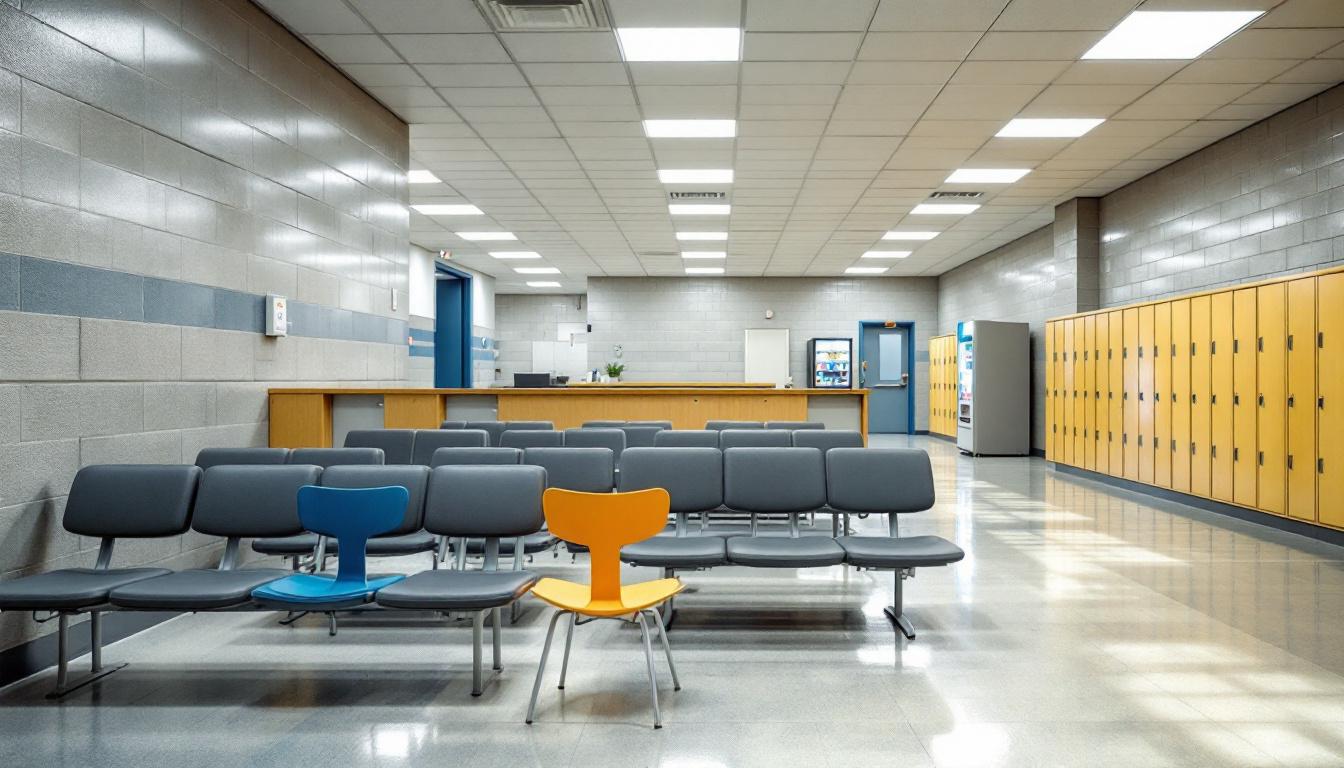
Incarcerated individuals at Pelican Bay State Prison (PBSP) in Crescent City typically begin their days with structured routines that revolve around the facility’s extensive programming opportunities. The institution emphasizes voluntary participation in self-improvement activities, with many residents attending General Education Development (GED) classes, high school diploma programs, or pursuing college degrees through partnerships with College of The Redwoods and Cal Poly Humboldt. Those enrolled in vocational training programs may spend portions of their day developing job skills, while others participate in comprehensive opportunities like the Prison Paws Partnership dog program, murals crew, or tending to gardens and worm farms. Work assignments through the California Prison Industry Authority (CALPIA) provide additional structure and purpose to daily schedules.
Family connections remain an important aspect of life at PBSP, with established visitation procedures allowing loved ones to maintain relationships with incarcerated individuals. The facility provides clear mailing addresses for both institutional correspondence and staff communication, helping families stay connected through letters and approved packages. Technology-based privileges, including access to tablets when approved, may offer additional communication options. Religious services, self-help groups like Alcoholics Anonymous and Narcotics Anonymous, and recreational activities such as sports tournaments and music bands provide social interaction and personal growth opportunities throughout the week.
The prison’s focus on behavioral incentives means that daily life often includes participation in courses like the 7 Habits program and Building Resilience training, along with access to mental health services when needed. Hobby craft programs, guest speaker events, and concerts may break up routine schedules, while food sales provide some variety in dining options. The facility’s design emphasizes providing meaningful programming for those ready to engage positively, creating an environment where personal growth and preparation for eventual reintegration into the community can occur alongside the necessary security measures typical of a state correctional institution.
Ready to Connect?
Start communicating with your loved one today
Search for an Inmate
